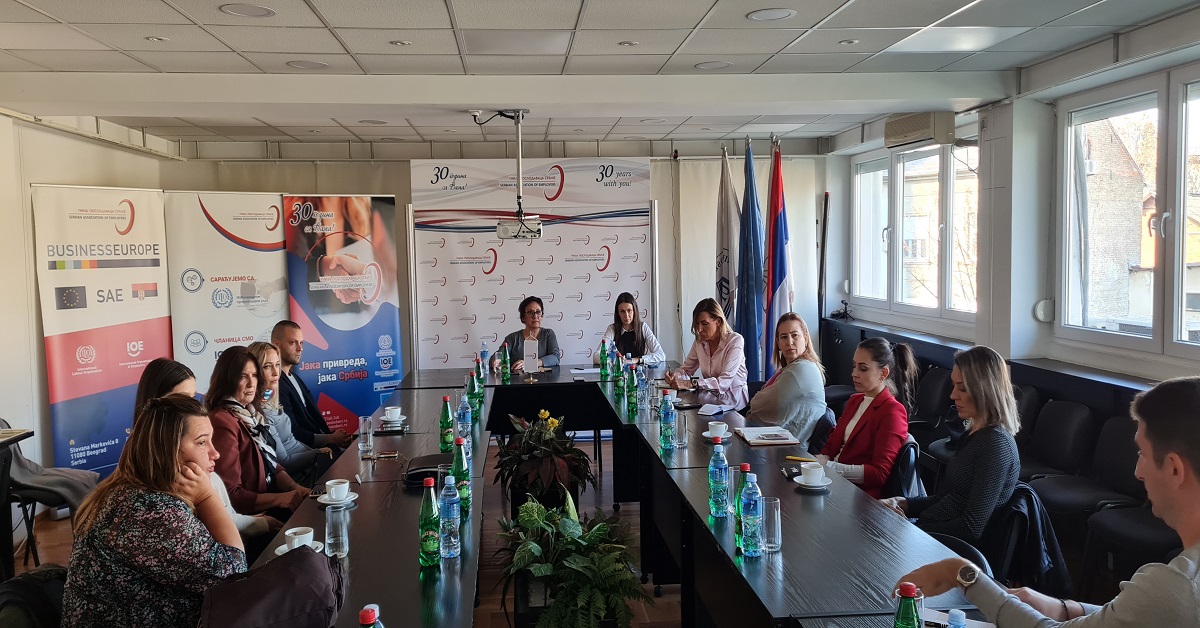
With the aim of sharing experiences and identifying best practices in career guidance for students, as well as highlighting challenges and areas for improvement, a roundtable titled “Effective career guidance in primary chools” was held in Belgrade, gathering representatives from primary schools and local institutions.
Representatives from several schools shared their experiences, including primary school “Branko Radičević” from Batajnica, primary school “Isidora Sekulić” from Belgrade, primary schools “Laza Kostić,” “Marko Orešković,” and “Nadežda Petrović” from New Belgrade, primary school “Stanko Marić” from Ugrinovci, primary school “Vuk Karadžić” from Sremčica, and the private primary school “Mihajlo Pupin,” along with a representative from the Department for social issues and local economic development of the municipality of Zemun.
During the discussion, all participants agreed that the new generations are very advanced, that they have a lot of information, and that many children come to counseling with a clear idea of what they want to do professionally. They also pointed out as a big problem that some parents force their children to be successful in all fields, as well as that they have a great resistance to vocational professions and thus influence the orientation of children, even when children have an affinity for those jobs.
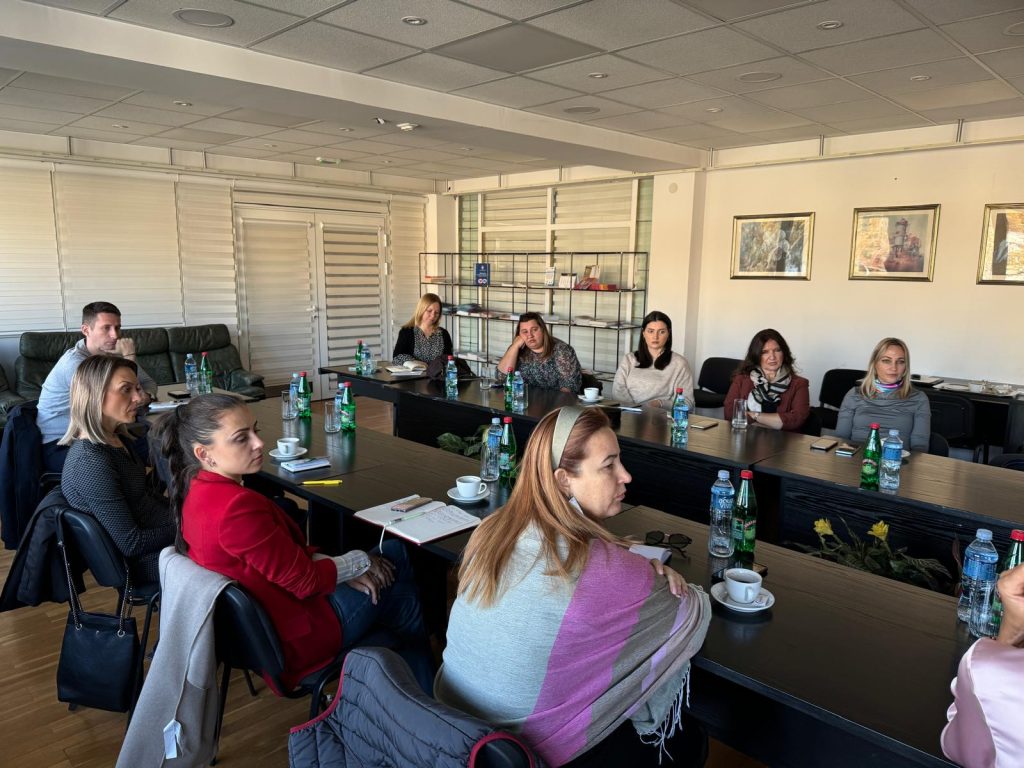
Another challenge mentioned was the lack of precise statistics on workforce needs, with no data on the specific skills currently or soon to be in demand. Thus, a strategic plan for the next 5 to 10 years is essential to inform schools, enabling career counselors to guide students towards these professions and adjust curricula to meet real market needs.
Organizations of high school fairs and presentation of professions through cooperation with parents are mentioned as good examples of support in choosing a profession. When parents present their professions, students get a more realistic picture of the positive and negative aspects of certain occupations. In one school, with the help of the Parents’ Council, students had the opportunity to learn about the professions of carpenters, biologists, IT experts, police officers and other professionals. In another school, which implements the “Parents at Work” project, students have the opportunity to visit their parents’ workplaces and learn about different occupations. Additionally, visits are organized to businessmen and institutions that deal with modern professions such as programming, robotics and digital marketing, which are of particular interest to the students of this school.
The necessity of adopting a national strategy that would enable the direction towards a common goal was also emphasized. It is necessary to restore the authority of the schools and harmonize the views of the parents with the views of the schools, so that everyone works in the same direction. It was also proposed to initiate projects and programs for schools that track their progress without additional administrative burden.
The round table provided an opportunity for an open discussion about challenges and opportunities in professional orientation in elementary schools. The exchange of good practices, as well as the identification of key needs and issues, contribute to a better understanding of the role of professional orientation and its potential for further improvement.
This event is one of several supported by the Western Balkans Fund as part of the “Education for Sustainable Development” project, which aims to create a better educational and working environment, supporting the sustainable development of the economies of Serbia, Montenegro and North Macedonia and the Western Balkans region in the process of European integration.
The project promotes early career guidance and counseling, encouraging young people to embrace new knowledge and lifelong learning, and aims to reform the education system to better align with labor market needs by linking the economy and education from the primary school level. In this way, children and young people acquire the basic skills needed for later professional development.
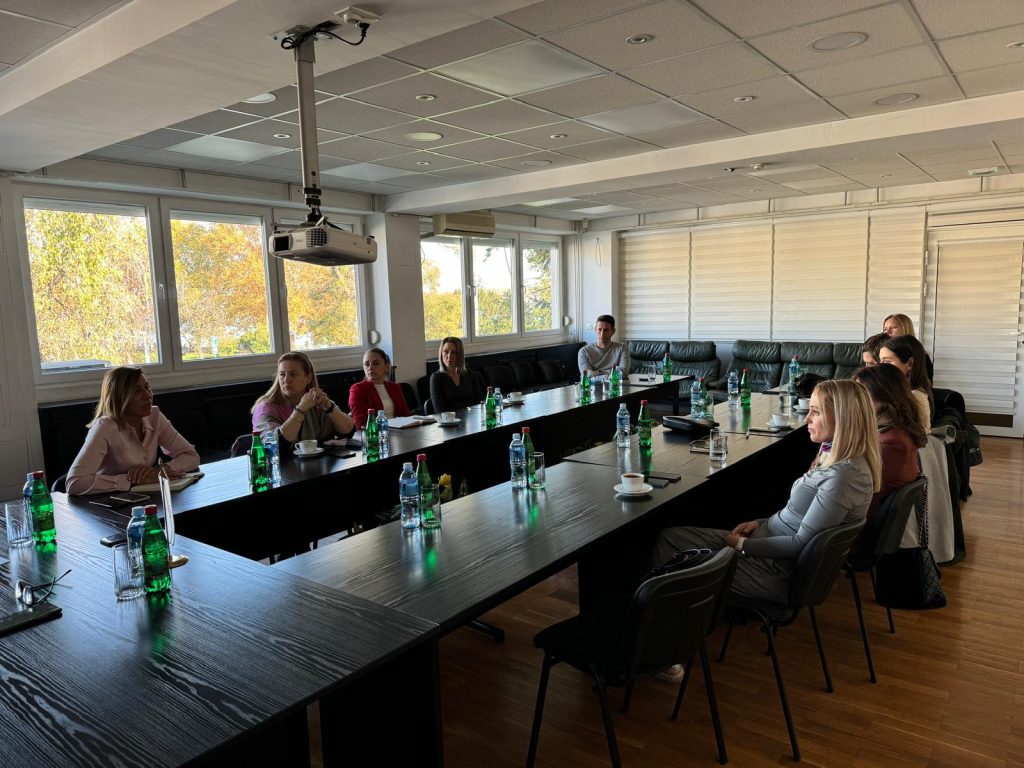
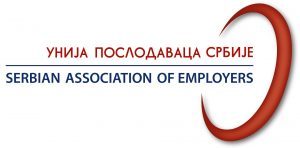
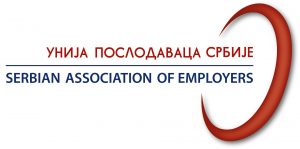
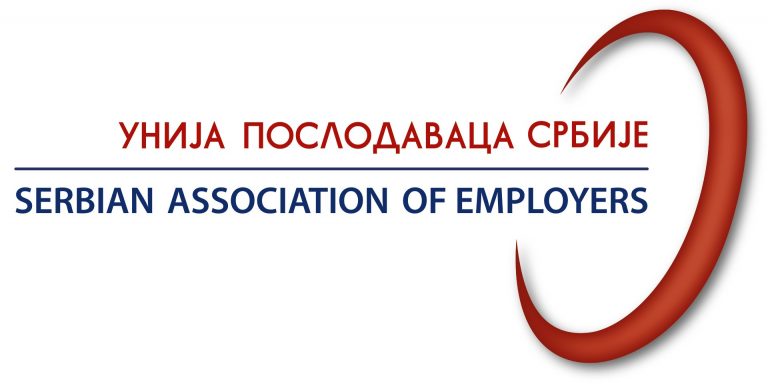
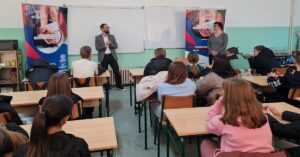
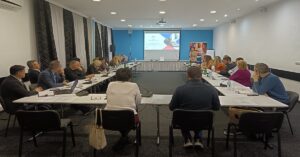
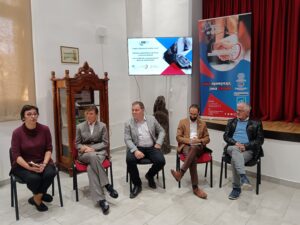
No comment yet, add your voice below!